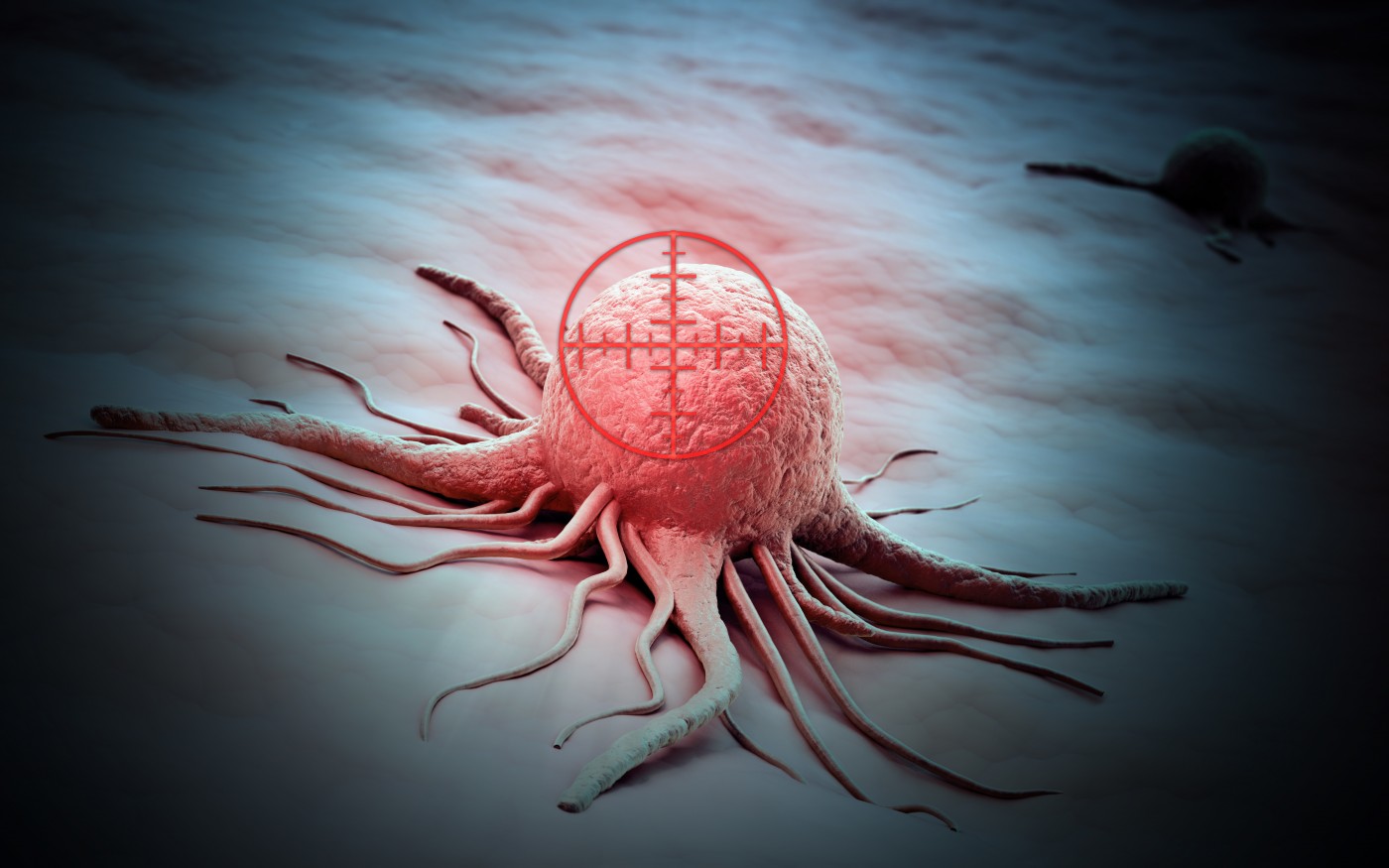A novel immunotherapy approach, developed by ImMAGE Biotherapeutics to treat triple negative breast cancer (TNBC), shows promising results in laboratory culture studies and is now being tested in animal models.
The company hopes to take the potential treatment onto a Phase 1 clinical trial by the end of 2017, and into the market within the next seven to ten years.
“After completing in vitro trials, I’m even more confident in our team’s ability to transform ground breaking research into a tangible patient therapy. All of our results were strong and conclusive — some even better than we anticipated,” said Mahesh Narayanan, chief operating officer of ImMAGE Biotherapeutics, in a press release. “Right now we’re witnessing an immunotherapy revolution in cancer treatment, especially in the U.S., and we plan to play a big part for TNBC and other cancers as we begin our animal testing phase.”
The immunotherapy approach developed by ImMAGE Biotherapeutics works by stimulating the body’s immune system to specifically target tumor cells.
Here’s a summary: A piece of DNA that codes for a short chain of amino acids, also called antigenic peptides, is delivered into the body. The antigenic peptides are similar to a protein called MAGE A found on the surface of tumor cells. The antigenic peptides encoded by the injected DNA stimulate the production of specific cells of the immune system that can recognize the MAGE A protein found on the surface of tumor cells. This means that the tumor cells can be specifically sought and destroyed. The antigenic peptides also stimulate the production of tumor specific antibodies, which mark tumor cells for destruction.
During in vitro laboratory studies, researchers analyzed the expression of the MAGE A protein and checked the DNA delivery system for proper expression of antigenic peptides. Finally researchers used laboratory test experiments to prove that the antigenic peptides used were able to trigger a strong immune response. The last and ongoing goal is to test if the right immune cells are being stimulated to destroy targeted cancer cells.
Currently using animal models, researchers will test whether this approach can prevent a tumor from growing or even reduce an existing tumor.
TNBC accounts for 15-25% of all breast cancer cases. Compared to other breast cancer types, it is more difficult to treat because the tumor cells lack three of the main receptors usually targeted by the most successful treatments.
Immunotherapy has several advantages over existing therapeutic approaches. Primarily, because it uses the body’s own immune system, side effects of chemotherapy or radiation are eliminated. Immunotherapy could also offer long-term benefits because of the immune system’s natural ability to “remember” tumor cells, which minimizes the chance of the cancer’s return.

